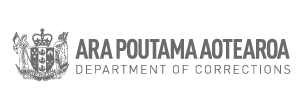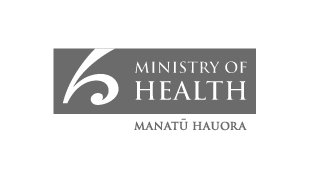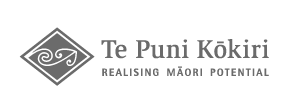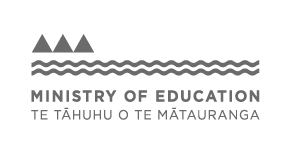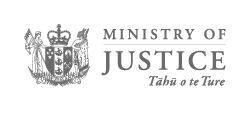In Budget 2019, the Government committed $2 million in funding over two years to enable understanding of violence prevention needs and development of future violence prevention programmes in new migrant, rainbow, disabled and older people communities. This is a project aimed at understanding how violence impacts on these communities and in their context, their needs and aspirations, and supporting them to determine the services and support that they need to prevent and respond to family violence and sexual violence.
The Joint Venture Business Unit engaged with the relevant communities to identify opportunities for funding prevention initiatives. This input has informed the process and decisions made. In 2022, we’ll continue our community engagement to progress and develop family violence and sexual violence prevention initiatives, and the implementation of a new National Strategy.
The Joint Venture commissioned a report from the Massey University Center for Culture-Centered Approach to Research and Evaluation(external link) (CARE). This report summarises the findings of over 200 in-depth interviews with members of diverse communities and family violence and sexual violence stakeholders carried out by CARE in 2021. The report supports government to hear the voices of the diverse communities about their specific violence prevention needs. This increased understanding will support development of community-driven solutions based on those needs.
Read the full report: Community-led culture-centered prevention of family violence and sexual violence(external link)
Read a summarised version of the report: Executive Summary [PDF, 308 KB].
International practices and local pilots have shown us that community-based responses to family violence are one of the most effective ways for government to have a long-term impact.
In Aotearoa, a community-led response in Tairāwhiti has shown a 19% reduction in family violence harm. In Counties Manukau, a community-led response has shown a 15% reduction in harm. An evaluation of Integrated Safety Responses has shown an 18% reduction in family violence offence-related re-victimisation for Māori impacted by violence living within ISR localities.
Integrated Community-led Responses (ICR) seek to support and enhance these community-based responses to family violence. This is so communities can create long-term, sustainable change for people at risk of, experiencing or impacted by family violence.
ICR have five key attributes: that they have a specific focus, are integrated and community-led, they focus on wellbeing, and have inter-agency support.
The Integrated Community-led Responses give practical and demonstrable effect to Te Tiriti o Waitangi by supporting community leadership, providing an holistic wellbeing response that includes prevention, and by taking a whānau-centred approach.
There are many existing community-based responses to family violence in Aotearoa. Each of them embraces these attributes to different degrees and different levels of maturity.
Local kaimahi have been sharing information and working together across government, NGOs, iwi and communities for many years, and will continue to do so. However, their successes often rely on individuals and their relationships and goodwill within communities and agencies.
Integrated Community-led Responses reflect a change in the government mindset towards funding and working with communities, with principles of community leadership, whānau focus, and understanding that the best solutions to complex social challenges come from within communities.
Several current community-based responses have identified opportunities to test, learn and improve their ways of working to better serve and support their communities. It is the government’s aspiration that everyone at risk of, experiencing or affected by family violence has access to an effective, evidence-based Integrated Community-led Response:
There is significant opportunity to expand the reach of current community-based responses across New Zealand.
The ICR programme is an essential part of delivering on Te Aorerekura, and will play two key roles:
In particular, the programme will:
Te Puna Aonui agencies are working together to collect information from across the sector that we can use to:
New Zealand’s experience with COVID-19 reinforced the need for a system-wide view of family violence and sexual violence to enable the most effective government and sector response.
A wide range of social and economic circumstances directly impact on the risk factors of family violence and sexual violence. This highlights the need for data, intelligence and collective insights to make sense of it all and to guide the best way forward.
For more detail on family violence and sexual violence including definitions and data go to: Definitions and Prevalence Data | Te Puna Aonui(external link)
Last modified:
